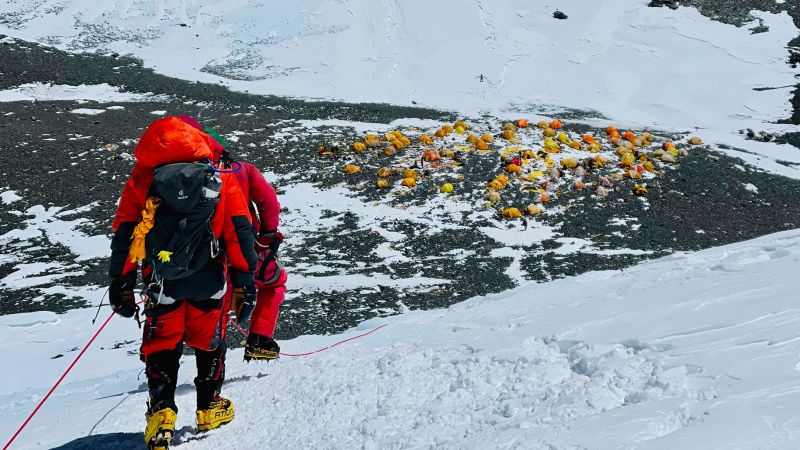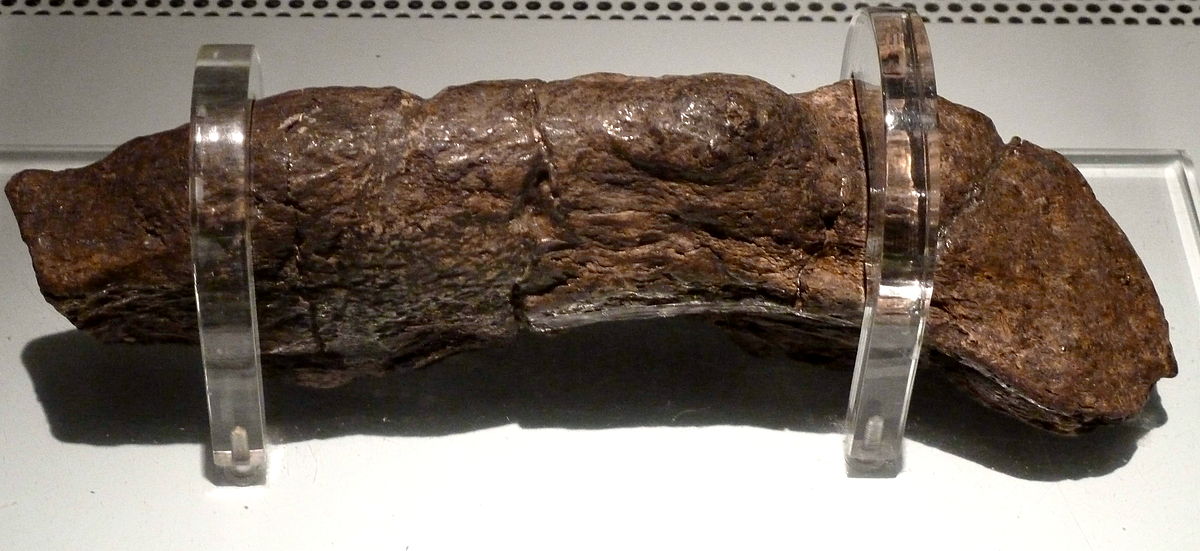Arthur Besse
cultural reviewer and dabbler in stylistic premonitions
- 58 Posts
- 172 Comments
UC Merced annual training required only 7 rounds, while UC San Francisco used 7000 and UC Santa Barbara used 9000 🤔
Shoutout to UC Davis for having the only police department on the list who “did not use any military equipment during this timeframe”.
For some reason the linked PDF varies from the screenshot in several ways, though most of the numbers are the same. (UC Riverside’s number of rounds of .556-range ammunition used in training is 3000 in the screenshot but 6000 in the PDF now.)
I was curious how much this launcher costs:

… over here I see this glorified paintball gun is normally $2400 but currently on sale for just $1850.

 1111·7 days ago
1111·7 days agoAds?! in Ubuntu? Never! They were simply “integrating online scope results into the home lens of the dash” 🤡
(that is an actual quote from the sentence immediately following “We’re not putting ads in Ubuntu” in Mark Shuttleworth’s blog post responding to the entirely predictable backlash after they did this, twelve years ago…)

(my contribution to lemmy’s beans arc)

 1·16 days ago
1·16 days agodeleted by creator
That label is there because I’m subscribed to XBlock Screenshot Labeller and it misclassified this image. (You can find here and here more info about how labelers in ATP work…)
i hope you’re joking but if you’re not i assume you live in the bay area? if you want to go to their pitch tonight, here’s its eventbrite.

 3·24 days ago
3·24 days agoi’m glad somebody got the reference.
(i assume the people downvoting my comment only know the word as an alt-right thing and are unaware of its earlier etymological journey which makes it a relevant response to this thread. in fairness, I’d forgotten how far they went with it in 2016 until I just read that wowpedia page 😬)

 13·25 days ago
13·25 days agoIf copyright holders want to take action, their complaints will go to the ISP subscriber.
So, that would either be the entity operating the public wifi, or yourself (if your mobile data plan is associated with your name).
If you’re in a country where downloading copyrighted material can have legal consequences (eg, the USA and many EU countries), in my opinion doing it on public wifi can be rather anti-social: if it’s a small business offering you free wifi, you risk causing them actual harm, and if it is a big business with open wifi you could be contributing to them deciding to stop having open wifi in the future.
So, use a VPN, or use wifi provided by a large entity you don’t mind causing potential legal hassles for.
Note that if your name is somehow associated with your use of a wifi network, that can come back to haunt you: for example, at big hotels it is common that each customer gets a unique password; in cases like that your copyright-infringing network activity could potentially be linked to you even months or years later.
Note also that for more serious privacy threat models than copyright enforcement, your other network activities on even a completely open network can also be linked to identify you, but for the copyright case you probably don’t need to worry about that (currently).

 8·2 months ago
8·2 months agodemocracy dies in dark mode

 8·2 months ago
8·2 months agoIt’s amazing how so many people here are completely oblivious to sarcasm.
from this commercial, apparently it’s a joke but also a real product from Daily Wire 😬
What a confused image.
- TiVo complied with the GPLv2 and distributed source code for their modifications to Linux. What they did not do was distribute the cryptographic keys which would allow TiVo customers to run modified versions it on their TiVo devices. This is what motivated the so-called anti-tivoization clause in GPLv3 (the “Installation Information” part of Section 6. Conveying Non-Source Forms.).
- Linux remains GPLv2, so, everyone today still has the right to do the same thing TiVo did (shipping it in a product with a locked bootloader).
- Distributing Linux (or any GPLv2 software) with a threat of violence against recipients who exercise some of the rights granted by the license, as is depicted in this post, would be a violation section 6 of GPLv2 (“You may not impose any further restrictions on the recipients’ exercise of the rights granted herein.”).

 6·2 months ago
6·2 months agoadding all compiled file types including .pyc to .gitignore would fix it
But in this case they didn’t accidentally put the token in git; the place where they forgot to put
*.pycwas.dockerignore.

 9·2 months ago
9·2 months agoAt my workplace, we use the string @nocommit to designate code that shouldn’t be checked in
That approach seems useful but it wouldn’t have prevented the PyPI incident OP links to: the access token was temporarily entered in a
.pypython source file, but it was not committed to git. The leak was via.pyccompiled python files which made it into a published docker build.

 19·3 months ago
19·3 months agowikipedia articles about him have been deleted twice:

 32·3 months ago
32·3 months agoRedhat, however, found this solution too simple and instead devised their own scheme for assigning network interface names. It fails at solving the problem it was created to solve
I somehow first read “Redhat” as “Reddit” in this sentence, and so was briefly thinking that perhaps this bad idea originated there 😂
python -c 'print((61966753*385408813*916167677<<2).to_bytes(11).decode())'how?
$ python >>> b"Hello World".hex() '48656c6c6f20576f726c64' >>> 0x48656c6c6f20576f726c64 87521618088882533792115812 $ factor 87521618088882533792115812 87521618088882533792115812: 2 2 61966753 385408813 916167677

 335·3 months ago
335·3 months ago
(probably the most downvoted post i’ve made yet on lemmy 😂)




















That happened at UC Los Angeles a few months ago; the university police chief and 19 of his officers stood by and watched the attacks for over 3 hours before intervening: https://www.washingtonpost.com/investigations/2024/05/11/ucla-protests-police-inaction-fights/